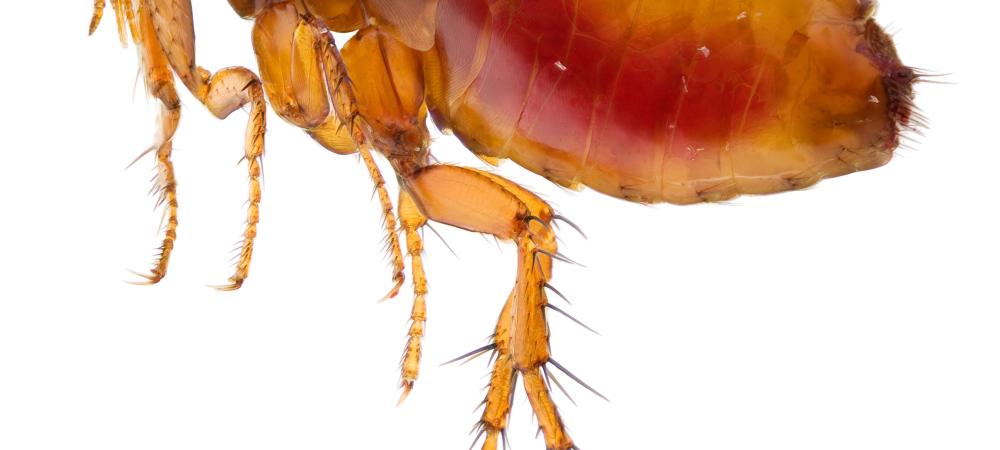Fleas: Not Just a Dog Problem

When most people hear the word "fleas," they almost never think of them as a potential problem for human beings, and if you were to tell somebody that you had fleas, they may question whether or not they heard you correctly. It’s usually taken for granted that non-human animals such as dogs and cats are the only creatures at risk of these sesame seed-sized menaces. However, it is quite possible for you and others you know to suffer from flea bites. Here are some ways humans can get fleas, and how to avoid them.
What Are Fleas?
Fleas are small, wingless parasites that sustain themselves by feeding on the blood of birds and mammals. Many people associate flea infestations with dogs and other pets, but these insects can become a problem in almost any building with human inhabitants. They get inside homes and businesses by hitchhiking on clothing or on the bodies of other pests such as rats and squirrels. Once they get inside, fleas will immediately begin breeding and searching for hosts. Fleas breed quickly, and a single female flea can lay dozens of eggs per day.
Flea Infestations
Flea bites leave itchy rashes on the skin and are typically found on the feet and ankles. Their bites are especially uncomfortable for people who are allergic to their saliva. Scratching at the bites can break the skin and lead to bacterial infections, and fleas are known to transmit a number of dangerous diseases.
Humans with Fleas?
Although it’s much less common for humans to get fleas than dogs, it happens more frequently than you might think. What fleas want in a host is simple: warmth, a little moisture, and places to hide (namely, fur/hair). Humans have all three of those things, only with fewer hiding spots. Since dogs are almost entirely covered with hair, their whole body is a target for fleas; not to mention the fact that humans don’t often roll around outside in the woods. However, if you have pets, there’s a chance that any fleas that have latched onto their bodies will make their way to yours–most likely through your hair. If you see a series of small red bumps on your skin or find black specks on your body only slightly larger than a grain of sand, you may have fleas.
How to Deal with Fleas
Fortunately, whether fleas are causing you or your dog harm, the methods for getting rid of them remain roughly the same. First, to eradicate them on your or your pets’ bodies, just wash the infested areas under very hot water to kill them and their eggs. That part shouldn’t be very difficult. However, if you or your pet has fleas, there are probably more than a few of them which have fallen off and are now living in your carpet and/or furniture. To get them out of your house completely, you’ll need to wash your clothes and dry them at a high temperature, vacuum your floor thoroughly, soak all of your pets’ toys in hot water, and clean both your and your pet's bedding. If they still won’t die, there are chemicals you can use around your house. Just make sure you use them safely. Finally, try to find some flea medication for your dog so it won’t bring any more of them inside your home.
Free Quote from Venice Pest Control
You and your dog may live very different lives, but when it comes to getting rid of fleas, it’s guaranteed that you’re both on the same page. If you have a flea problem, do yourselves a favor and take action as soon as possible. For more information, or to receive quality pest control services, contact Venice Pest Control today.
